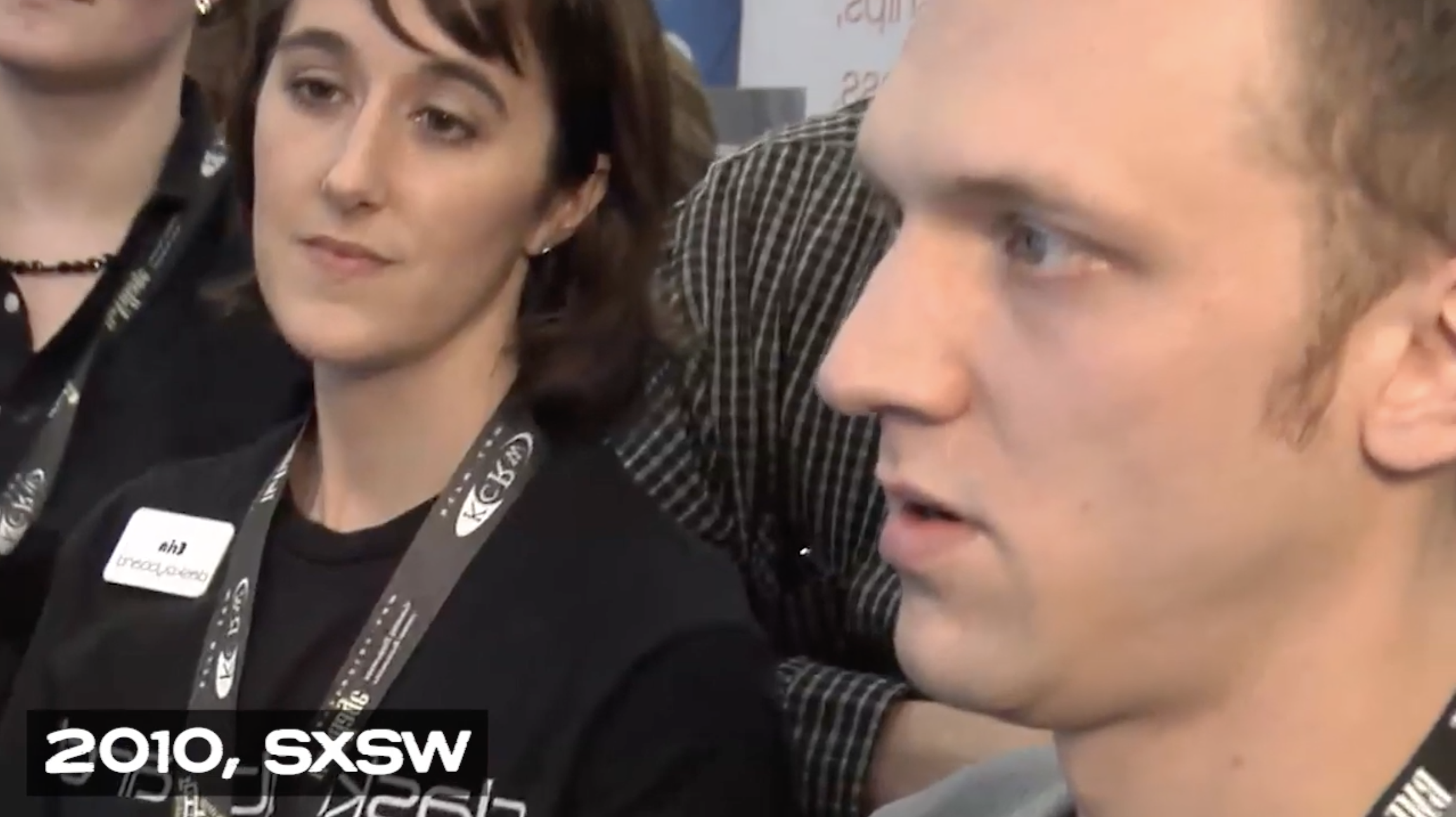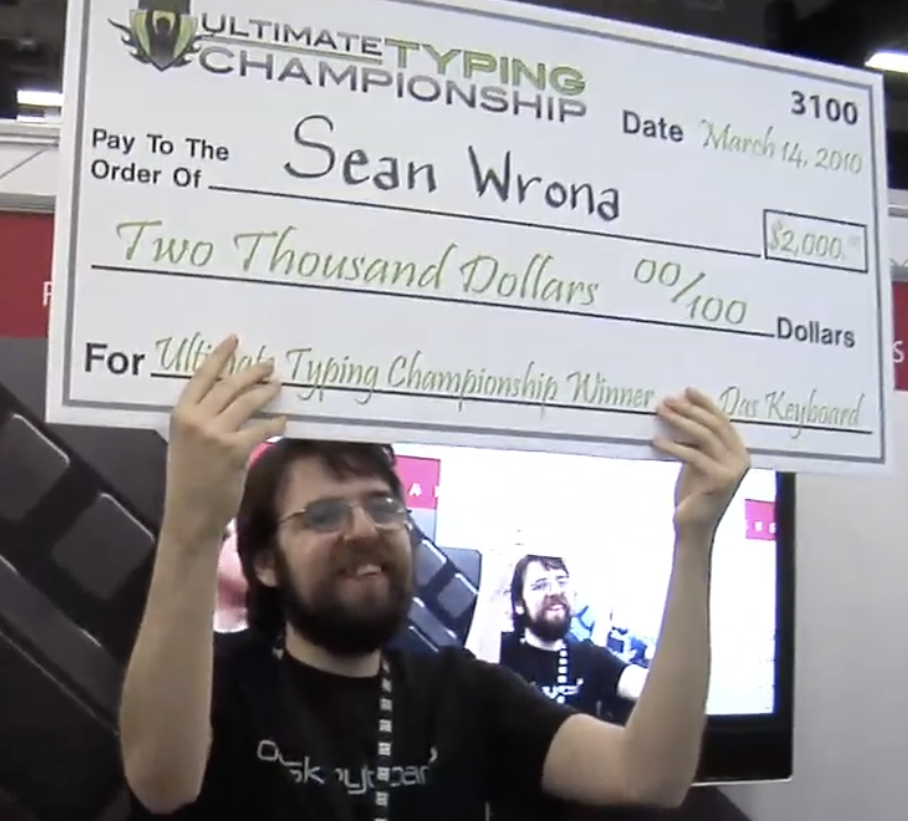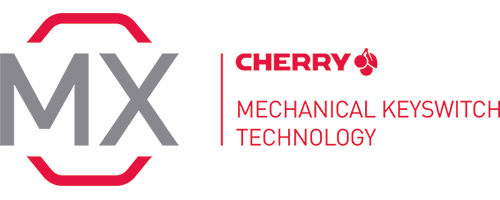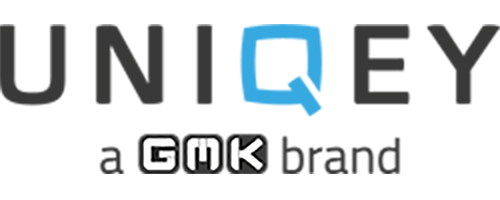History of UTC

In November of 2009, Das Keyboard, a maker of mechanical keyboards, announced the first-ever Ultimate Typing Championship. The nationwide competition set out to find the fastest typist in the United States, with the two finalists being flown to Austin Texas to compete at the SXSW Interactive Festival for the $2,000 Grand Prize. The general online competition was launched on November 11, 2010, and allowed contestants to register and compete against each other for the fastest words-per-minute speeds on the competitive racing website, TyprX.com. The general online competition closed on December 31, 2010, and the six semifinalists were chosen based on their average words-per-minute speeds registered on TyprX.com.
On January 9, 2010, the six semifinalists raced for a spot in the finals, where Sean Wrona, a recent Masters program graduate in Applied Statistics from Cornell University, scored the fastest speed and won a spot in the finals in Austin. Dan (Yifei) Chen, a Harvard Crimson reporter at the time, had a competitive showing against Sean in all three rounds, but could not attend the finals, so the third-place finalist, Nate Bowen, a former Technology Manager at Condé Nast was invited to SXSW to compete in the finals on Sunday, March 14th, 2010, in front of a live audience at the Das Keyboard booth.
The first round of the finals featured a 480 word standard English text (2,873 characters, 2,394 excluding spaces). While Nate put forward a great effort with a 110 WPM speed, he was no match for Sean Wrona who set a new unofficial speed typing record of 163 WPM on standard English text.
The second round of the finals featured a 360 word, non-standard text (1,949 characters, 1,592 excluding spaces) with special characters mixed into standard English text. On this significantly more challenging text, Nate typed at a 79 words-per-minute, which Sean surpassed with his extremely impressive 124 words-per-minute speed.

Sean Wrona won the grand-prize and was crowned the first Ultimate Typing Champion. Sean achieved speed typing fame and went on to race competitively on many other speed typing sites and is releasing a book about his typing experiences, titled: "Nerds Per Minute". Nate Bowen and Yifei Chen have not been active in the typing community in recent years.
Interested in sponsoring the Ultimate Typing Championship?
Contact us at utc@daskeyboard.com




